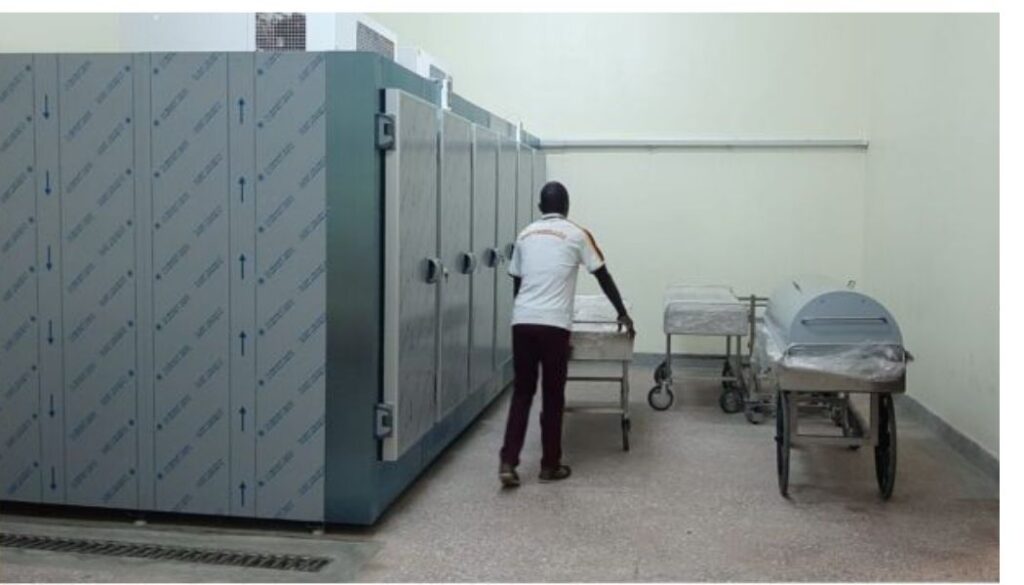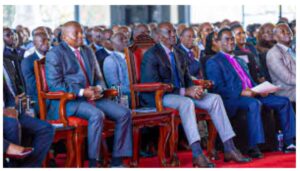Hospitals banned from holding bodies over pending medical bills

KMPDU bans hospitals from detaining bodies of deceased patients over unpaid medical bills.
KMPDU bans hospitals from detaining bodies of deceased patients over unpaid medical bills.
The Kenya Medical Practitioners and Dentists Council (KMPDC) has ordered that hospitals in Kenya have no legal right to detain bodies of deceased patients over pending medical bills.
In a statement shared by the office of the Ombudsman on September 16, KMPDC noted that hospitals should have alternative means to recover any outstanding medical bills from families of deceased patients other than detaining the bodies.
The council, in the statement, directed a city hospital to release a body held over a Ksh1.2 million unpaid bill.
“The Kenya Medical Practitioners and Dentists Council (KMPDC)has ordered a city hospital to release the body of a deceased and thereafter use alternative means to recover the outstanding medical bill from the family,” the statement read in part.
The ruling came after a man in Nairobi complained to the office of the Ombudsman (Commission on Administrative Justice) that his wife’s body was being held by a city hospital.
The man claimed that the city hospital unlawfully withheld his wife’s body after she passed on August 7, 2025, and now the family was unable to bury her.
He said that at the time of her passing, the hospital bill had risen to Ksh1.29 million, which the family could not afford to pay.
He has taken many bullets on my behalf – Ruto thanks Kimani Ichungw’ah
SHA flags Ksh3 billion in claims
DAP-K aspirant in Malava by-election under pressure to abandon bid
Zambian court jails two for targeting President Hichilema with sorcery
Governor Barasa asks Ruto to sack CS Oparanya
Natembeya fires at Gachagua over presidential candidate row
In its response, KMPDC reiterated that it is unlawful for any medical facility to detain a body whatsoever.
According to the council, the detentions violate the Constitution, which protects human dignity, even after passage.
“Article 28 of our Constitution guarantees every person’s inherent dignity, and this right extends posthumously,” the Commission on Administrative Justice noted.
The statement also referenced a court ruling that declared that a body cannot be held as security for debt, auctioned, or used as an income-generating asset in a mortuary.
The commission revealed that the family of the man was, however, allowed to collect the remains of their loved one.
South Sudan opposition calls for mobilisation of forces for ‘regime change’
Kenyan graduates write essays for UK students, Oxford documentary reveals
Journalist abducted, beaten after publishing a story on county official
Jaramogi Oginga Odinga Referral Hospital elevated to a Level C5 parastatal
Kenya does not need young leaders – Francis Atwoli
Follow us





